Amazon's Hunters is more realistic than you think

On the face of it, Amazon's new Nazi-hunting show isn't exactly the most heartwarming thing you'll stream in 2020. However, while speaking to Digital Spy and other press, executive producer Nikki Toscano explained that Hunters is actually a "love letter to David Weil's grandmother, who was a Holocaust survivor".
"He created Hunters as a way to deal with the fact that the last generation of Holocaust survivors were dying out, and this was a way to continue that story," she said.
One half of Hunters is clearly rooted in the historical facts of this story. As the series progresses, flashbacks to concentration camps delve into the all-too-real horrors Jews faced in World War II – along with anyone else deemed "inferior" by the Nazi regime too.
But what about the rest of the story which takes place in 1977? Are we supposed to believe a Jewish survivor and his friends really hunted Nazis in America to stop the Fourth Reich from taking over completely? Well, let's just say you'll be surprised how much of this occasionally absurd show is actually based on fact.
Operation Paperclip
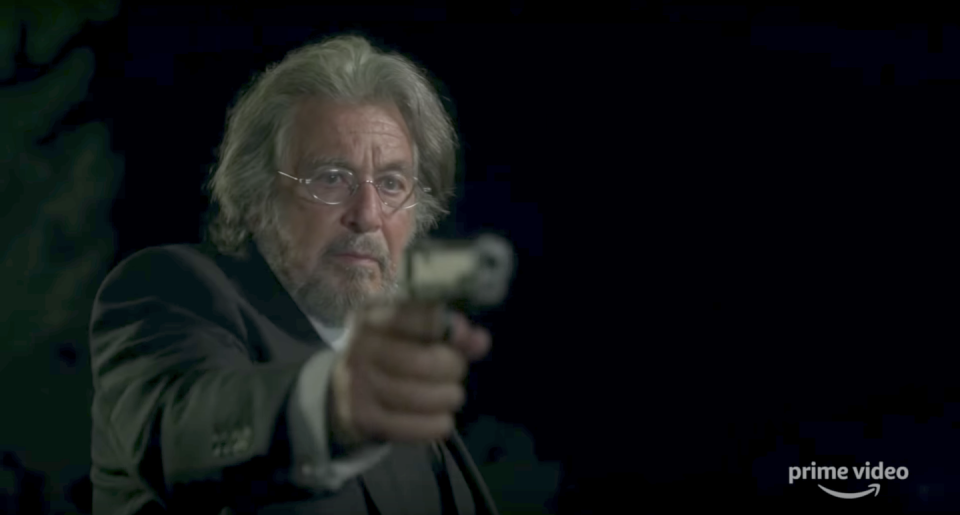
Although the specific events depicted in Hunters are fictitious, Nazi fugitives were indeed hiding out in America by the 1970s. While an estimated 9,000 collaborators fled to South America after World War II, the United States enlisted over 1,600 scientists, engineers, and technicians from Germany in a mission secretly referred to as Operation Paperclip.
President Truman authorised this on the grounds that Russia would use their expertise against them if America didn't get to these Nazis first. In his book The Nazis Next Door, an investigative reporter named Eric Lichtblau wrote about how thousands more were brought in to act as spies and informants in the Cold War that followed.
Speaking to NPR, Lichtblau explained how these Nazis' records were expunged by the CIA in return for their service:
"They actively cleansed their records. They realised that guys who had been involved at senior levels of Nazi atrocities would not pass through immigration at the INS – and they basically removed a lot of the Nazi material from their files."
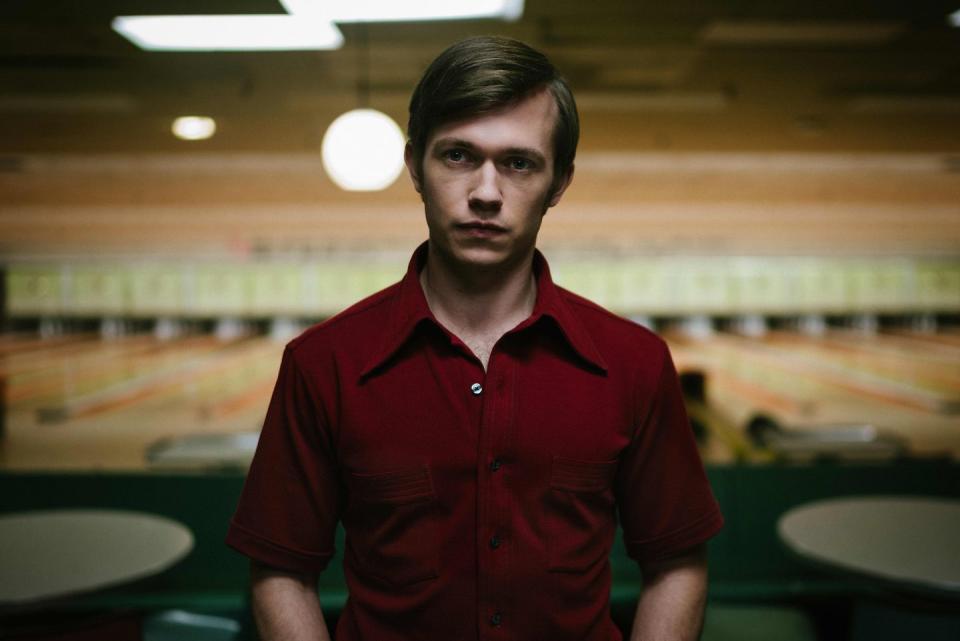
Just like in Hunters, New York attracted Nazi fugitives in real life too, including Boļeslavs Maikovskis, a Latvian collaborator who moved to Mineola in 1950 and stayed for 36 years. Another famous subject of Operation Paperclip was Wernher von Braun, a rocket scientist who helped NASA win the space race and beat Russia to the punch.
Of course, the Fourth Reich never did come about in the real world, and presumably, there was no grand scheme to make this happen either. To date, there have been no reports of Operation Paperclip fugitives conspiring against the United States, although that could be due to the efforts of real-life "hunters" who fought to punish them for their crimes.
Nazi-Hunters
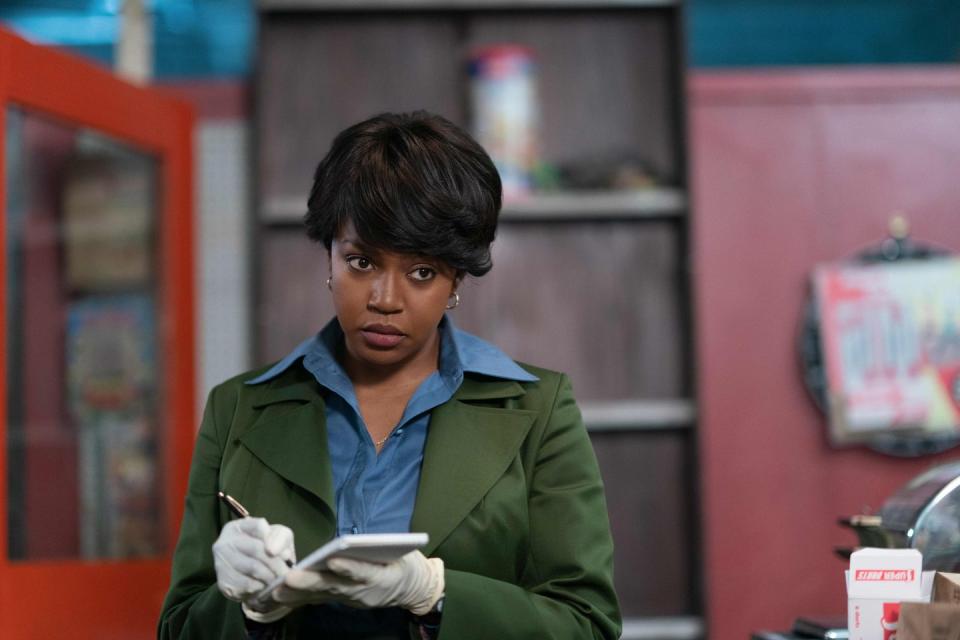
Given that so many guilty parties escaped punishment after Germany's defeat, it should come as no surprise that people demanded retribution in the years that followed World War II.
One of the most notable groups who sought this was known as Nakam. Led by Abba Kovner, these 50 or so Holocaust survivors fought for revenge at first, even poisoning Nazi prisoners of war in Nuremberg. However, the group eventually dissipated after failing in their goals.
Non-violent Nazi hunters also devoted their lives to this cause, including Simon Wiesenthal, a man who survived five camps, and went on to prosecute hundreds of war criminals in New York City. His Jewish human rights organisation (The Simon Wiesenthal Centre) was established in 1977, the same year that Hunters is set, and it's possible Wiesenthal may have even inspired Al Pacino's character on the show.
In 1979, the US Justice Department officially joined the investigation, uncovering numerous Nazis and collaborators hiding all over with the help of American lawyers, investigators, and historians.
While time has claimed the vast majority of people who committed wartime atrocities against the Jews, it's vital their crimes are remembered, along with the personal stories of the victims themselves. That's why showrunner David Weil created Hunters in the first place, to keep the memory of his own grandmother alive.
Sara Weil
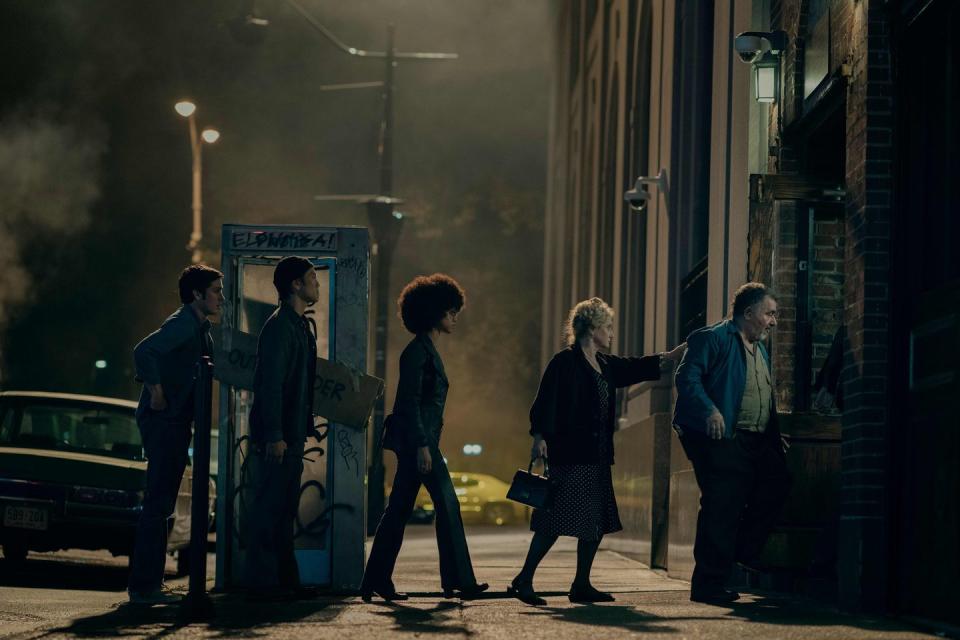
After surviving the horrors of Auschwitz-Birkenau and Bergen-Belsen, David's grandmother, Sara, raised a family of her own. While she didn't fight Nazis in the same way that Jonah's grandmother did on Hunters, Weil passed her story down to educate others and help prevent these kinds of atrocities from ever happening again.
Speaking to Digital Spy and other press, David Weil explained why writing this story was so cathartic for him on a personal level:
"My grandmother would tell me stories growing up about her experiences in the war, and they really informed and inspired this piece and my whole life. There were a lot of emotions. I didn't know my grandfather, who was also a survivor. So writing the character of Meyer Offerman was, in a way, me meeting my grandfather for the first time, and that was a really beautiful and kind of powerful thing."
Some scenes in particular also resonated with Weil, drawing upon his own personal experiences with his grandmother:
"The small chicken soup scene in the pilot – I mean, that was where my grandmother and I had most of our conversations, and where I felt just so safe and so at home. And so it was really exhilarating, and I also felt a huge responsibility to represent her, and to tell the truth about the Holocaust, and to tell the truth about the victims and survivors of the Holocaust."
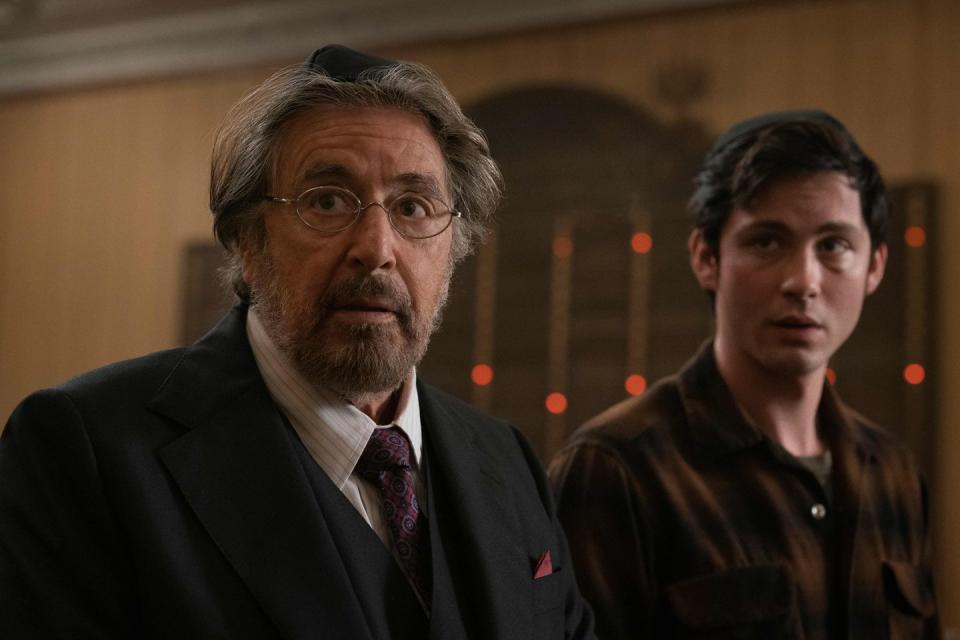
Most of the action and Nazi fighting on the show were made up by Weil, but both the tragic story of the Holocaust and the more intimate moments that followed were inspired by world events and personal memories alike. In that sense, Hunters is more rooted in the real world than the majority of shows seen on TV, despite its seemingly fantastical nature.
As Toscano points out: "Telling this story allows people to see a window into the atrocities that were committed during the war. And I think that for David, only when we confront those atrocities are we able to stop them from happening again. And I think that that’s what the Hunters are trying to do."
Hunters will premiere on Amazon Prime Video on Friday (February 21).
Digital Spy now has a newsletter – sign up to get it sent straight to your inbox.
Want up-to-the-minute entertainment news and features? Just hit 'Like' on our Digital Spy Facebook page and 'Follow' on our @digitalspy Instagram and Twitter accounts.
You Might Also Like

 Yahoo News
Yahoo News 